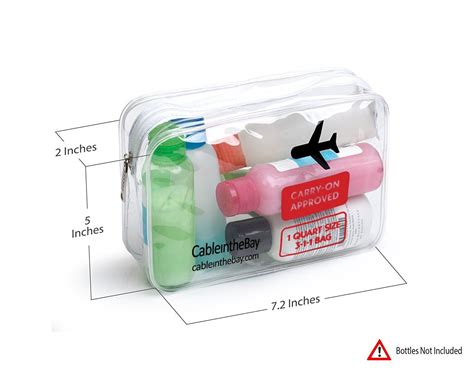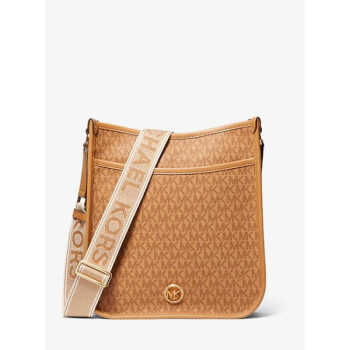gucci endorsement | Gucci fashion marketing strategy
$143.00
In stock
Gucci, the name synonymous with luxury, Italian craftsmanship, and avant-garde design, hasn't achieved its iconic status solely through superior products. A crucial element of its success lies in its strategic and often groundbreaking approach to brand endorsement. By carefully selecting and partnering with influential figures, Gucci amplifies its brand message, connects with diverse audiences, and solidifies its position at the forefront of the fashion industry. This article delves deep into the world of Gucci endorsement, analyzing its brand ambassadors, celebrity endorsers, marketing campaigns, social metrics, and overall contribution to the brand's identity and market dominance.
Understanding the Power of Gucci Brand Endorsementgucci endorsement
Brand endorsement, particularly in the luxury sector, transcends mere advertising. It's about associating a brand with aspirational values, cultural relevance, and the charisma of influential individuals. Gucci understands this implicitly. Their endorsement strategy isn't simply about slapping a celebrity's face on an advertisement; it's about forging authentic connections that resonate with their target audience and contribute to the brand's narrative.
Gucci Brand Ambassadors and Celebrity Endorsers: A Detailed Look
Gucci's roster of brand ambassadors and celebrity endorsers is a carefully curated collection of individuals representing diverse backgrounds, talents, and global reach. This inclusivity is a deliberate strategic move, reflecting Gucci's commitment to embracing diversity and appealing to a wider, more global customer base.
Key Categories of Endorsers:
* Global Ambassadors: These individuals represent Gucci on a long-term, comprehensive level. They often feature in major campaigns, attend key events, and embody the Gucci brand ethos. Examples include:
* Harry Styles: The British singer-songwriter and actor has become a defining face of Gucci. His flamboyant style, gender-fluid fashion choices, and artistic sensibilities align perfectly with Gucci's bold and progressive image. Their collaboration dates back to 2018, and it has been a remarkably successful partnership, generating significant media buzz and driving sales. Harry Styles' influence extends across various markets, particularly among Gen Z and millennials, and his social media engagement with Gucci content is consistently high. He is a prime example of how Gucci leverages genuine connection and shared values to create a powerful brand association.
* IU (Lee Ji-eun): A South Korean singer, songwriter, and actress, IU is a powerhouse in the Asian entertainment industry. Her appointment as a global ambassador in 2020 marked a significant step for Gucci in tapping into the lucrative Asian market. IU's influence is particularly strong in South Korea, China, and other Southeast Asian countries. Her elegant and sophisticated style resonates with Gucci's luxury aesthetic, and her social media presence generates significant engagement, particularly within her dedicated fan base.
* Shin Min-a: Another prominent South Korean actress, Shin Min-a embodies a timeless elegance that complements Gucci's classic yet contemporary designs. Her presence as a global ambassador further solidifies Gucci's position in the Korean market and reinforces its appeal to a sophisticated and discerning clientele.
* Hanni (NewJeans): The inclusion of Hanni from the K-Pop group NewJeans as a global ambassador signifies Gucci's commitment to connecting with the next generation of consumers. Her youthful energy and trendy style resonate with Gen Alpha and younger Gen Z audiences, ensuring Gucci remains relevant and appealing to future consumers.
* Campaign Faces: These celebrities are chosen to represent specific collections or campaigns. Their selection is often based on their alignment with the campaign's theme and target audience. Examples include:
* Dakota Johnson: Often seen wearing Gucci on red carpets and in campaigns, Dakota Johnson embodies a sophisticated and effortlessly chic style that aligns with Gucci's contemporary collections.
* Jared Leto: Known for his eclectic and daring fashion choices, Jared Leto has frequently collaborated with Gucci, showcasing the brand's more avant-garde and experimental designs.
* Florence Welch: The lead singer of Florence + The Machine, Florence Welch's ethereal beauty and bohemian style perfectly complement Gucci's romantic and whimsical collections.
* Event Attendees and Red Carpet Representation: Strategically dressing celebrities for high-profile events like the Met Gala, film festivals, and award ceremonies provides invaluable exposure and reinforces Gucci's status as a leading luxury brand. The "Gucci Gang," as it is sometimes referred to, is a powerful force in shaping fashion trends and influencing consumer perceptions.
Analyzing Collaboration Dates, Markets, and Social Metrics
Understanding the specifics of these collaborations is crucial to evaluating their effectiveness:
* Collaboration Dates: Analyzing the duration of partnerships reveals Gucci's commitment to long-term relationships. The longer the collaboration, the stronger the association between the endorser and the brand.
* Target Markets: Gucci strategically selects endorsers with strong influence in key markets, including Asia, North America, and Europe. This targeted approach ensures that marketing efforts are focused on regions with the greatest potential for growth.
* Social Metrics: Measuring social media engagement (likes, comments, shares) on Gucci's posts featuring ambassadors and endorsers provides valuable insights into the reach and impact of these collaborations. Analyzing hashtag usage, sentiment analysis, and follower demographics can further refine marketing strategies. Tools like Socialbakers, Hootsuite Analytics, and Brandwatch can be used to monitor these metrics.
Additional information
| Dimensions | 9.2 × 4.8 × 3.6 in |
|---|









